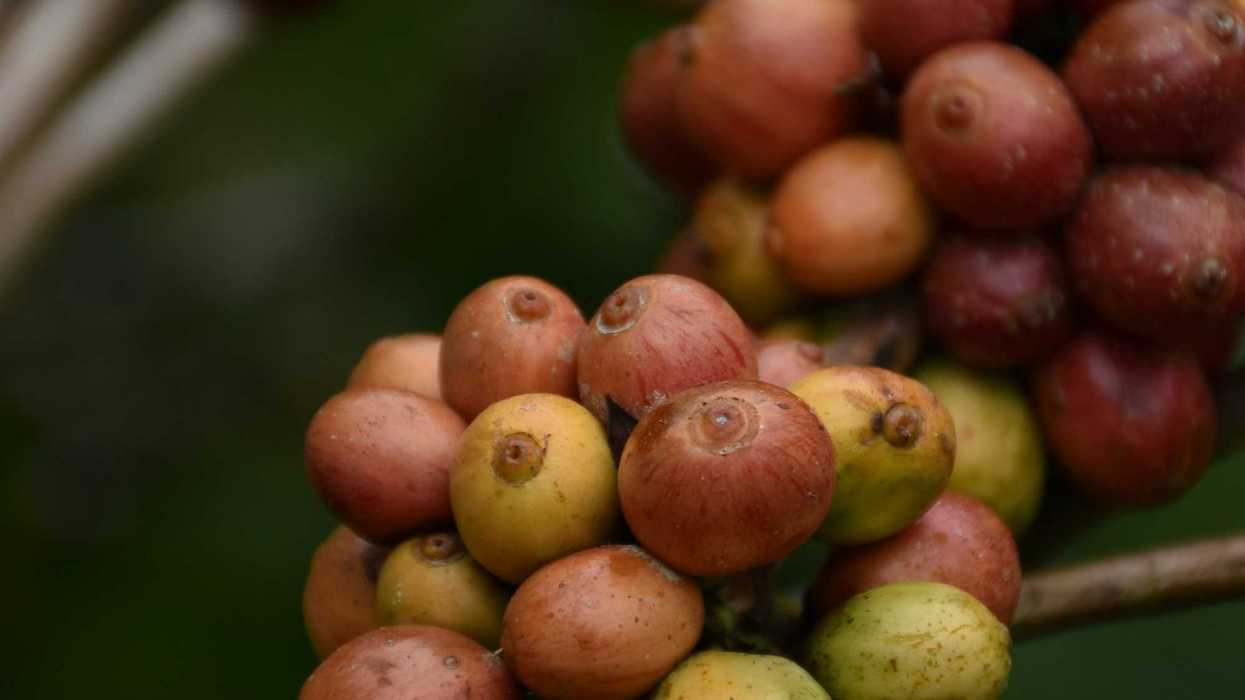Despite being banned in their countries of origin, European agrochemical companies like Syngenta are legally selling restricted pesticides in Peru due to lenient local laws.
Rocío Romero, Alicia Tovar, and Fabiola Torres report for Dialogue Earth.
In short:
- Peru's outdated pesticide regulations do not require reevaluation of chemicals, allowing continued use of harmful products like paraquat.
- The investigation by Salud Con Lupa reveals that Peru's pesticide approval relies heavily on manufacturer-provided studies, ignoring more current scientific research.
- Pesticides still in use include atrazine and glyphosate, despite being banned or restricted in other regions due to health and environmental concerns.
Key quote:
"Why do we allow dangerous agrochemicals, and aren’t there other ways to avoid poisoning ourselves?"
— Lorgio Ñaupas, farmer
Why this matters:
Peruvian regulations lag significantly behind global standards, lacking a systematic process for the reevaluation of chemicals. This oversight allows the enduring presence of paraquat on Peruvian soil, posing severe risks to both human health and the environment. The chemical is linked to serious health issues, including Parkinson’s disease and lung damage, and is notoriously lethal in cases of accidental ingestion.
Related EHN coverage:













